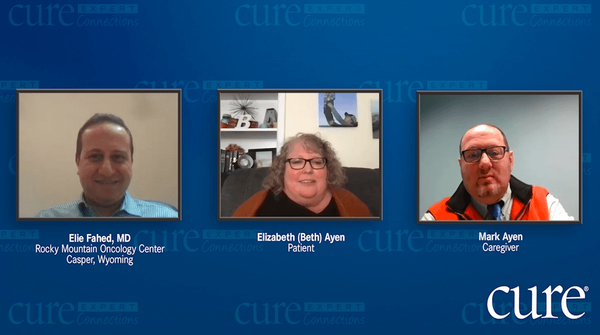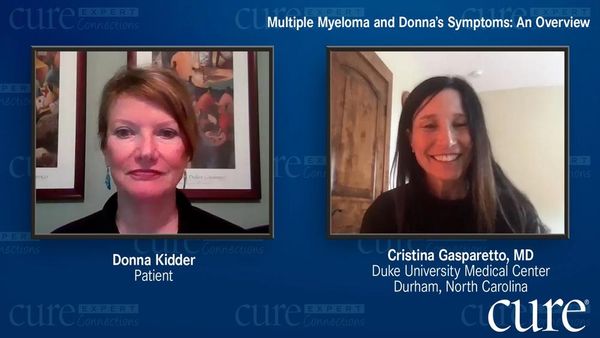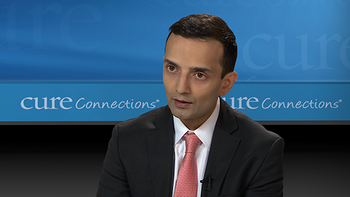
Myeloma
Latest News


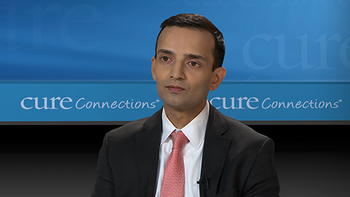






For some patients with myeloma, new targeted drugs may be an alternative to stem cell transplant.

About 24 years ago, Jim Bond was handed a stage 3 myeloma diagnosis and told to start checking things off his bucket list. Little did doctors know, but one of the top items on that list was survival

Four new drugs were approved in 2015 to treat multiple myeloma, and Sundar Jagannath is optimistic about the coming years.
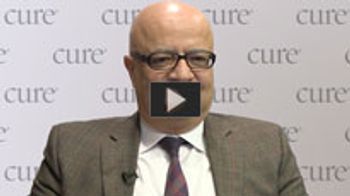
Rafat Abonour, MD, professor of Medicine, pathology, and laboratory medicine at Indiana University, discusses the importance of raising awareness about multiple myeloma and his Miles for Myeloma initiative.

Mary Bohn, RN, OCN, a nurse at Froedtert Hospital in Milwaukee, Wisconsin, discusses the landscape and side effects of treatment for patients with multiple myeloma.

Ryan Cohlhepp, from Takeda Oncology, discusses the accomplishments of the Moving Mountains for Multiple Myeloma team. Cohlhepp, along with other members of the team, were honored at our 2016 Multiple Myeloma Heroes event.
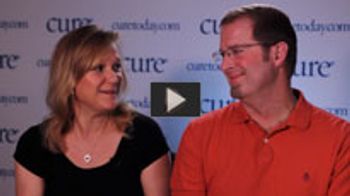
Jeff Goad and his wife, Ramona Biliunas, discuss why the climbed Mount Kilimanjaro as part of the Moving Mountains for Multiple Myeloma team. Jeff was also one of our 2016 Multiple Myeloma Heroes.

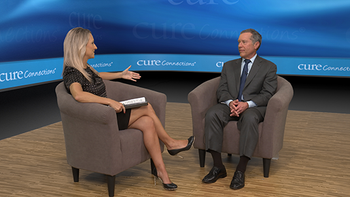
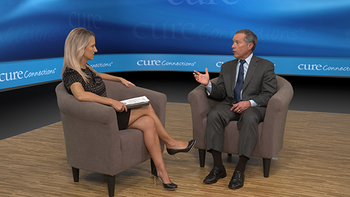


This is our full documentary from the 2016 climb of Mount Kilimanjaro.

Marlee Matlin, an Academy award-winning actress, discusses her father’s diagnosis and journey with multiple myeloma.

In keynote speech, TV and movie actress Marlee Matlin urges resilience.

Charles W. Wakefield attended the UCLA School of Dentistry and served in the U.S. Army Dental Corps. Currently, he is in private practice with his son in Lewisville, Texas.

The approval was based on results from a multicenter, open-label phase 2b study in which the overall response rate with Evomela was 95 percent among 61 patients.

Four new drugs, and novel treatment combinations, are further extending life expectancy for patients with multiple myeloma.





